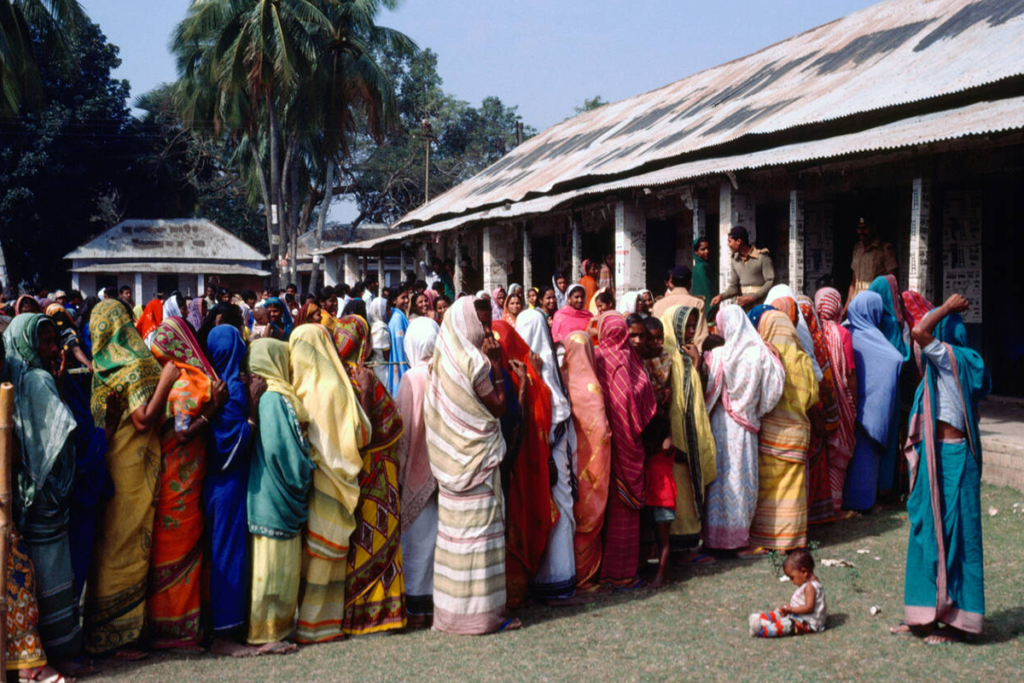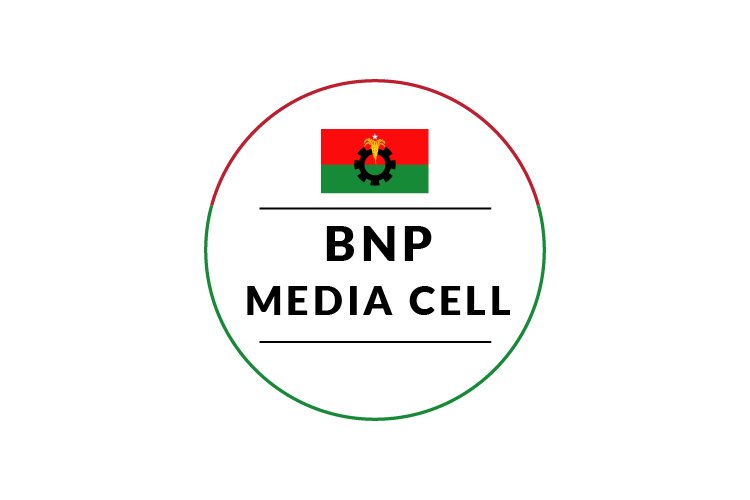There is no alternative to a caretaker government-supervised national election to restore democracy in Bangladesh. Fifty-plus years of political history of Bangladesh and dozen-plus national elections held during these years provide us sufficient sample space to reach such a conclusion with ease. In the history of Bangladesh, under ruling party-held elections, incumbent regimes never lost a national election and only increased their number of seats. Under the four CTG-held elections, the previous incumbent regime lost every time and a turnover in ruling power took place. No election under a political regime has ever been generally accepted as free and fair while the four CTG-held elections are regarded as the only elections that passed the free-and-fair threshold. The current Awami regime was fully aware that CTG-held election is the main tool of accountability held by the people; that’s why repealing CTG became its principal objective as soon as it obtained the means in the 2008 elections.
Free and fair election is the first and primary pillar of democracy, the only system of governance that is based on the sovereign ownership of the country by the people. The main political parties of Bangladesh have never publicly questioned the moral superiority of democracy over all other political systems; in fact, they all proudly claim to be the sole guardian of democracy. Despite this all-around declaration of devotion to democracy, free-and-fair election has failed to become institutionalized in Bangladesh in more than five decades. Rather than popular will exercised through elections, check and balance on the political power of incumbents only came from other forms of non-institutionalized power; power of mass movements, violent power of armed organizations, breakdown within regime cohesion, etc. These are not features of a democracy, whose main criteria of institutionalization is peaceful change in power.
Why has free and fair election failed to be institutionalized in Bangladesh? Some have assigned blame to the top while others blamed the people themselves. From the very beginning, the constitution failed to provide an adequate check to the ruling power, the inadequacy of first-past-the-post elections for Bangladesh, too much centralization of power at the hand of the executive, keeping the election commission a servant to the whims of the regime by putting all its levers at the hand of the ruling regime, these are some of the often-discussed top-down causes.
Some explain the failure of democracy to take root in Bangladesh on the society and history of the people. Until very recently a feudal, agrarian hinterland, Bangladesh’s society and history did not lead to the development of political consciousness of the people as the sovereign owner of the country. They are somewhat still trapped in the vassal mindset of loyalty to their overlords. Many people see the utility of democracy only to the extent it can help their own camp to stay or reclaim ruling power. The political history of Bangladesh gradually crystallizing in Manicheanism of good and evil camps of tribes has only worsened the prospect of democracy. However, this sociological-historical view is unfounded. Countries more socially and economically underdeveloped than Bangladesh, and more politically polarized, have managed to institutionalize democracy successfully.
There is an argument positing that by treating the symptoms with quick, artificial fixes rather than addressing the underlying causes, CTG system was helping to perpetuate the lack of institutionalized democracy. This is wrong on at least two levels. First of all, lack of democracy is such a severe condition for a polity with such damaging symptoms that treating the symptoms becomes urgent priority, like a patient with high fever. Secondly and more importantly, CTG system is not just a quick, artificial fix; it also significantly helps in the institutionalization of democracy in politics and democratic culture among the people. A political process becomes institutionalized when the actors become habituated to the process through repetition, and the actors see clear penalties for violating the norms. Politics of Bangladesh since the repeal of CTG in 2011 clearly demonstrates what happens when free and fair elections disappear. Life for parties out of power becomes hellish and politics itself becomes a feeble shadow of the former self. Hopefully, the lesson has been well learned by all.
Mainstream political parties live and function for elections and political power. Their main organizing principle is contesting elections. Whatever the critics say, it is clear that the four CTG-held elections from 1991 to 2008 rejuvenated Bangladeshi politics and political parties. The main political parties still exist as significant organizations because of the four elections. Whatever residue of plurality and diversity in politics still exists, comes from the legacy of the four elections. Without elections, the only political entities that will remain are the ruling regime of interest groups, and revolutionary and ideological organizations. It is also clear to all observers that, despite enjoying an unfettered monopoly of power and riches in the country since the abolition of elections, the present ruling party itself is becoming depoliticized. Its political organization is taking a far back seat in comparison to the ruling coterie, bureaucracy, armed forces of the state.
Some critics have argued that CTG lacks legitimacy because it is unelected and thus lacks a popular mandate. Leaving aside the matter that most of the regimes in Bangladesh were not fairly elected, we can easily emphasize that the CTG system has legitimacy. The narrow mandate to hold a free and fair election, the main pillar of democracy, by itself confers legitimacy to the CTG system. On the other hand, an unelected government that refuses to hold a free and fair election lacks constitutional, legal, and moral legitimacy in a democracy.
The CTG system devised through the thirteenth amendment in 1996 was not without problems. Appointment of the chief advisor from the last retiring Chief Justice opened space for manipulation by the ruling regime and the delineation of authority between the advisor cabinet and the president was not clear. Moreover, CTG doesn’t have to be purely technocratic, it can have both political and technocratic representations. An inclusive, open, and deliberative process would let us design a more durable, robust CTG system that is more universally trusted. Institutions that incorporate greater consensus and power-sharing become more trusted and durable. The new CTG system could have a sunset clause, setting the expiry date to 2050.
To recap, we are where we are, the lowest point of democracy and trust in politics in the history of Bangladesh. There is really no alternative to a CTG-held election if we wish to restore democracy and the people’s ownership of the country.


